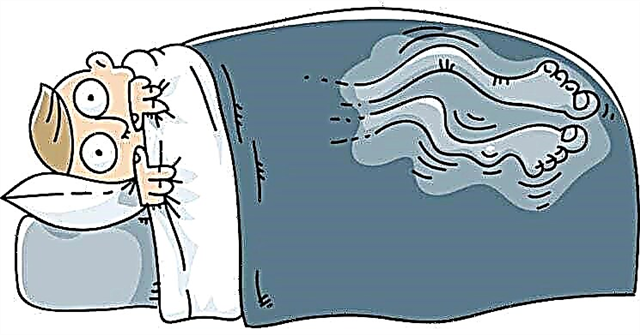
The answer to the question "Why is the eye blinking?" lies in understanding the function of the human organs of vision. This may indicate a pathological process.
What is blinking?
Physiologically, blinking is caused by three main factors:
- The need to maintain hydration of the eyeball. The mucous environment of the organs of vision contributes to the natural cleansing of the eye.
- Tired eyes. This is a general irritating condition that includes itching and burning.
- Restoring emotional balance. Sudden repeated closure of the eyes helps the body take minimal respite and focus on the essentials. This is evidenced by recent research in psychology;
Causes of Blinking
There are several reasons why eyes often blink.
Stress
Each organism reacts differently to emotional stress. Therefore, blinking can be one of the signs of psychological fatigue, especially if it is associated with environmental influences. Treatment foresees stress relief and, possibly, the use of sedatives.
Chronic fatigue
The scope of human activity, which is associated with intensive use of the organs of vision, can lead to rapid blinking, in particular:
- prolonged use of digital devices (telephones, computers, video games, etc.);
- the influence of certain factors (reading, driving, writing, too bright or dim light);
- lack of sleep;

Eye strain
Sometimes the organs of vision need additional help, that is, in an accurate diagnosis and deciding on the need to wear glasses or change existing ones to more suitable ones. If excessive tension and blinking is associated with the influence of computer graphics, special glasses should be used.
Caffeine and alcohol
Many experts believe that if the eye blinks often, it can be caused by the use of alcohol and caffeine, since the latter strongly affect the nerve centers of the brain.
Dry eyes
Very often, the “Blink strongly” complaint is directly related to the cause of dry eyes. The risk group for this disorder is:
- People who take certain medications (antihistamines, antidepressants, etc.);
- The older generation;
- People who wear contact lenses;
Food imbalances
Some studies indicate the absence of the necessary substances in the body as the basis for the occurrence of frequent blinking. Among them, the main one is magnesium, which affects spasm of the eyelid.
Allergies
Any type of allergy causes itching, swelling, watery eyes and, accordingly, blinking.
Associated symptoms
Blinking of the eyes is often accompanied by the following symptoms:
- pain and irritation;
- difficulty focusing;
- dryness or wateriness of the eyeballs;
- red, sore eyes;
Severe eye diseases and blinking
Sometimes blinking eyes can indicate serious illnesses: Disorders of the nervous system, in particular, blepharospasm - a condition characterized by rapid, uncontrolled blinking. These cramps can also be accompanied by other changes in the face (uncontrolled movements of the eyes and face, grimaces).Brain lesions, such as stroke, tardive dyskinesia, etc.
Severe symptoms:
- blurred vision or double vision;
- hypersensitivity to light;
- discharge from the eyes;
- paralysis of the eye muscle (strabismus);
- facial paralysis;
For any of these symptoms, you should immediately consult a doctor.
Blinking eye - what to do?
Most of the reasons why the eye blinks go away without much treatment within a few weeks or months. But if the situation does not improve, some measures need to be taken:
- remove provoking factors;
- use eye moisturizer;
- consume enough vitamins and amino acids;
- take antihistamines;
If eye blinking is constant and does not respond to physiotherapy, then treatment options include:
- vision correction;
- dopamine blocker drugs;
- Botox injections that help stop muscle contractions;
Recent studies indicate a positive therapeutic effect of deep brain stimulation. However, this procedure can only be prescribed after all other treatment options.













